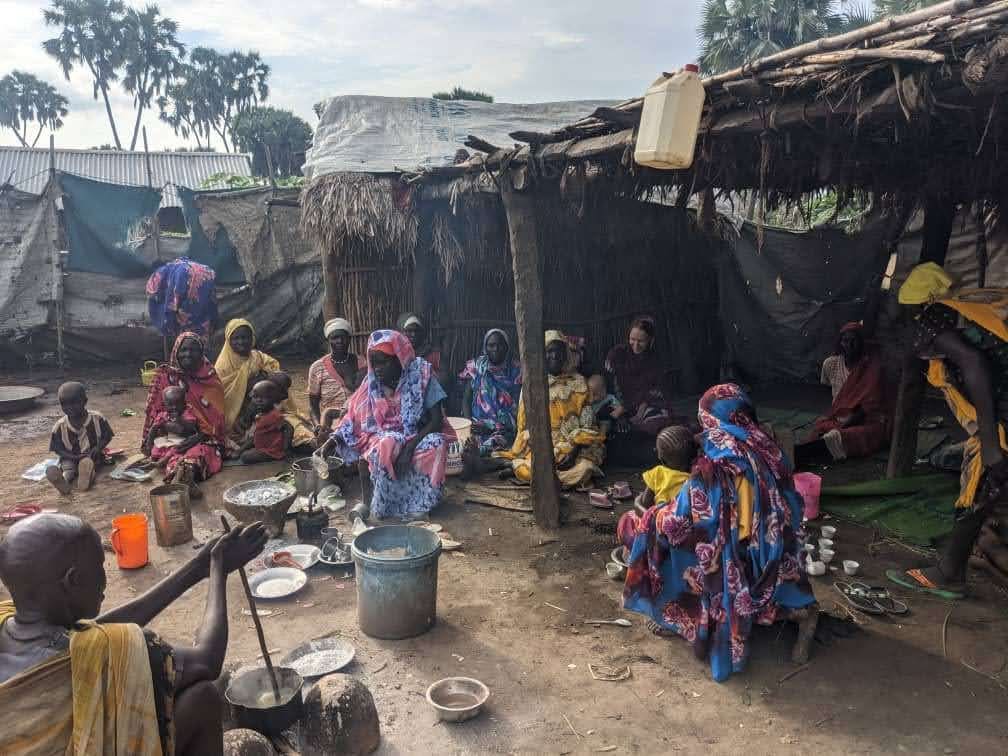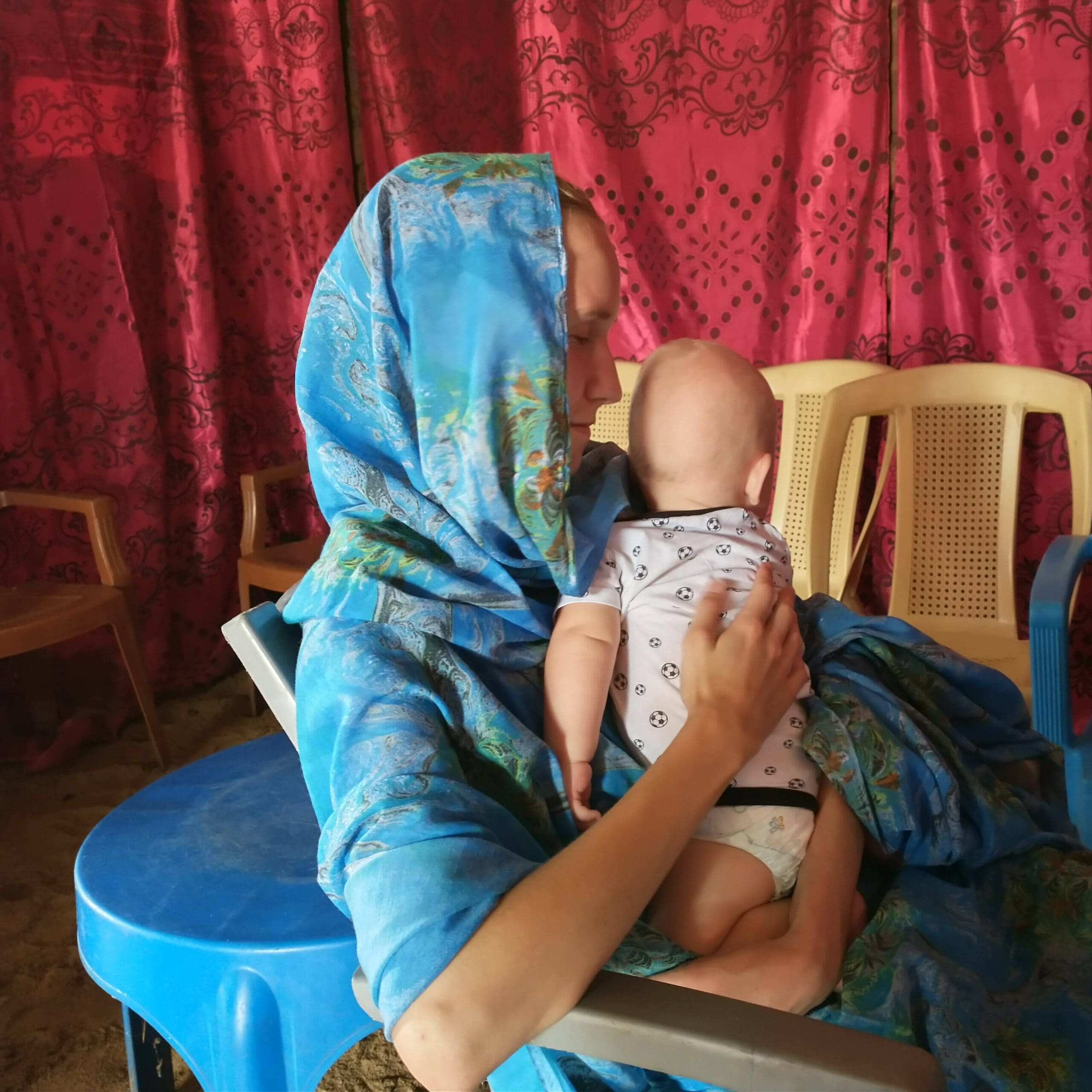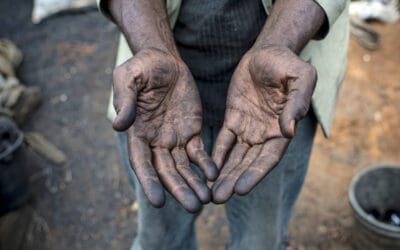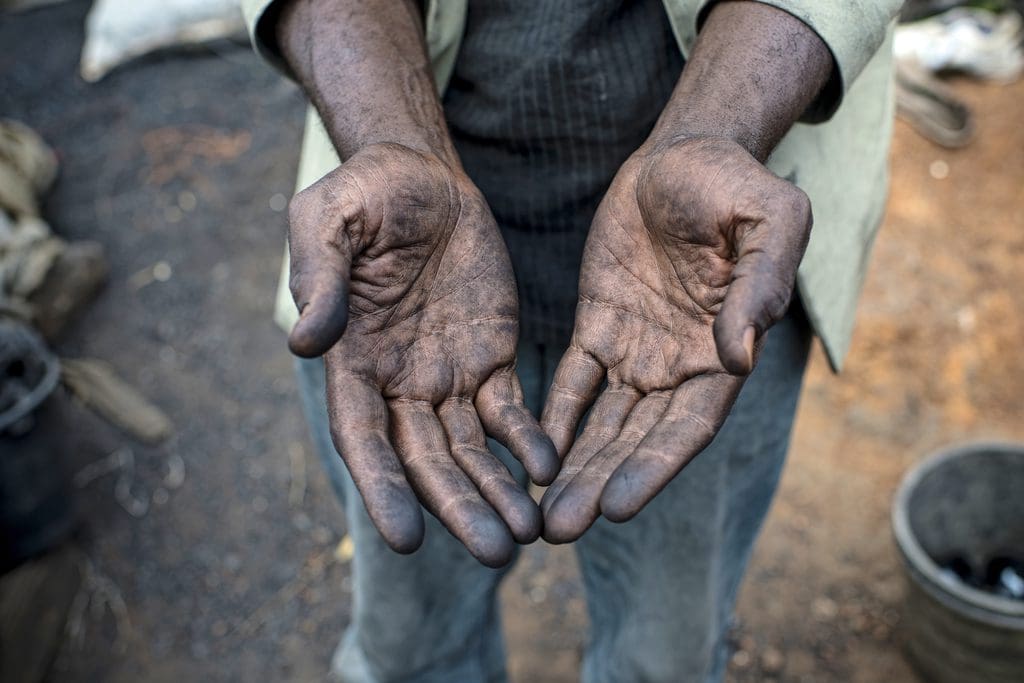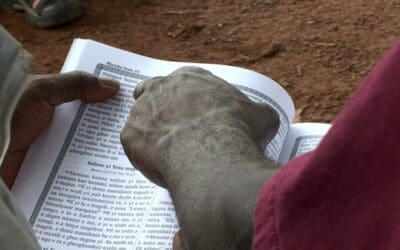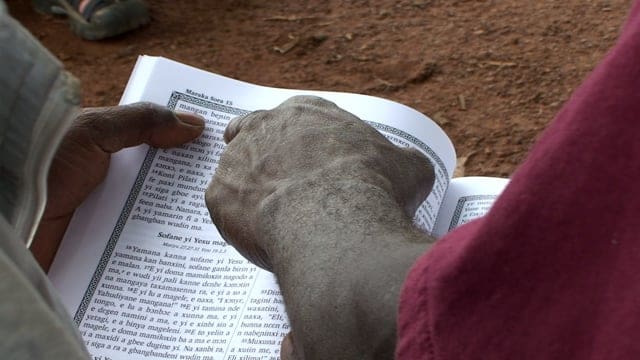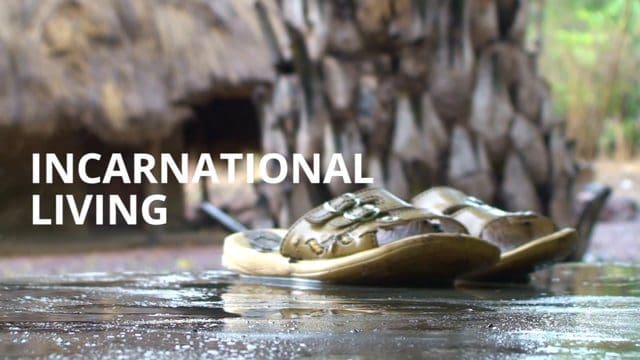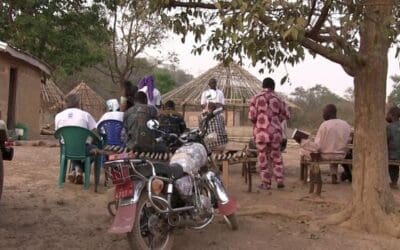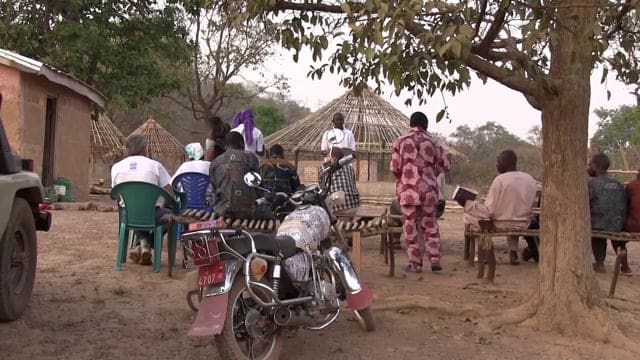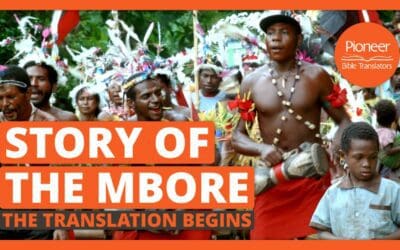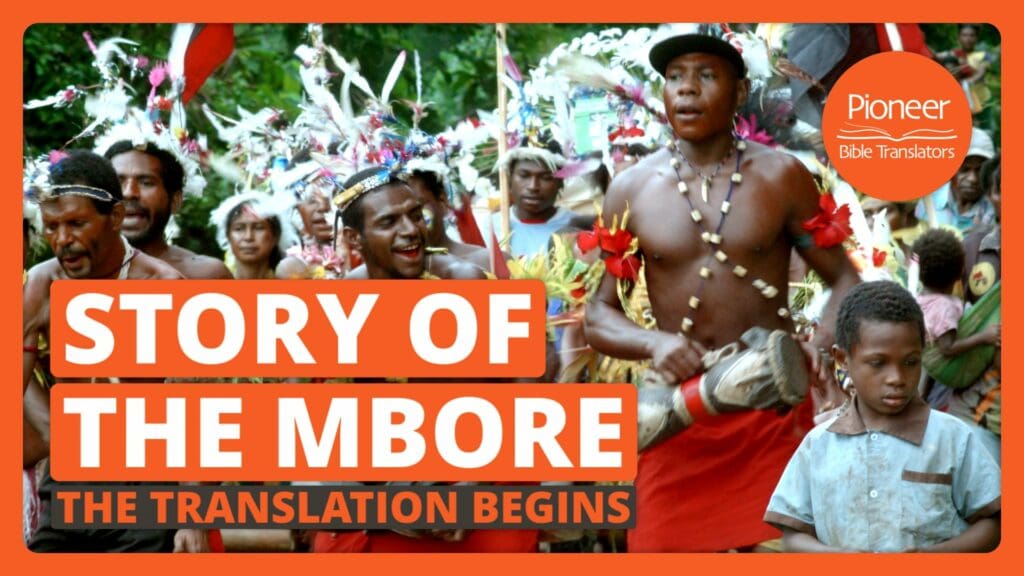The field behind our house looked like a lake, and every day we heard the squeals and laughter of village children enjoying a swim. It was rainy season, and the usually dry ground was overflowing with water.
One morning we woke to the news that a child had drowned. Our teammates had hired a local tutor to teach their daughters Arabic, and this tutor’s son was the child who died. He had been playing in the floodwaters with the other village children. He accidentally went too far — and drowned.
We still heard the laughter of children in the water that day — but it held little joy now. I couldn’t stop thinking about the boy who had died. Yesterday he was laughing with them, I thought, and now he is gone.
We went to visit the family, as was the custom. When we entered the small courtyard, we saw the women of the family shaving their heads as a sign of mourning. Their baldness contrasted sharply with the bright-colored cloths covering the heads of the other women. We presented our small gift of food, said the traditional words of condolence, and then sat with the many other visitors, sharing coffee and conversation together.
The death of a child is, sadly, not uncommon in this community. But it is still a sorrow — one more sorrow added to the shoulders of these strong people who have already suffered so much. They are refugees who had to flee their homes not too many years ago, and now they live with very few resources in a land not their own.
Death is not foreign to them. But sadly, the Gospel is. The majority of this people group do not know the message of Jesus. They do not have the hope of His presence in their pain, of His victory over death, or of His promise to one day restore all things.
Yet there is a growing minority who do know Christ. One Sunday, we sat with them on mats and stools under a large tree (because their stick-and-thatch church building was in need of repairs). There was much singing throughout the service, including many songs in their own language.
Darkness, hunger, and death are a daily reality for these people. And yet the hope of Christ is a reality even stronger.
One song particularly moved me. They sang it with such full, strong voices that permeated every part of the humid air. I couldn’t understand the words at the time, but someone translated for me: “No darkness,” the people sang, “No thirst, no hunger, no death.”
What a powerful proclamation. These people live in a context in which darkness, hunger, and death are a daily reality. And yet the hope of Christ is a reality even stronger.
God will keep His promise: there will be a world without darkness. And all who belong to Christ — whether in North Africa or North America or anywhere else — will share in it together.
The church we visited is only a sliver of a percent of this people group, which is only one of many in the region. Thousands are still waiting to hear His Good News in their own language. May the hope of the Gospel continue to spread. And may we — in singing and in sorrow — be faithful to proclaim it.
